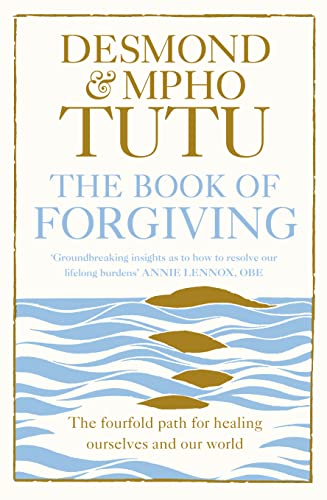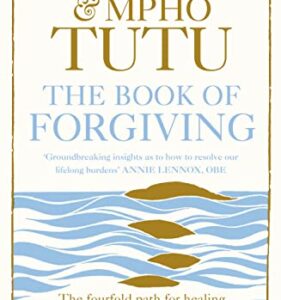This book is a thoughtful, practical guide to the path to forgiveness. Born out of apartheid, the Truth and reconciliation Project in South Africa, and personal experience, it does not give easy answers, but rather invites the reader to face reality and our common humanity.

The book leads the reader through a four-fold path to forgiveness. The first step is telling the story of what happened. The next step is naming the feelings, hurt, losses and grief this has caused. Emotions need to be expressed, not repressed.
The reader can then move on to recognising we are all imperfect human beings, our common humanity, and let go of hate and resentment. There is a particularly helpful exercise described to help with this, involving writing the offences in sand, and the person’s value on a rock, and letting the sea wash away the offences.
Finally, and importantly, once forgiveness is granted, the choice remains whether to renew or release the relationship. This is not forgiveness, but rather a setting of boundaries to allow self-care and healthier relationships going forward. Forgiveness can be granted, and we can also choose not to renew a relationship. Reconciliation is wonderful when it is possible. However, reconciliation and forgiveness are not the same thing, nor do they depend on each other.
I highly recommend this book.

